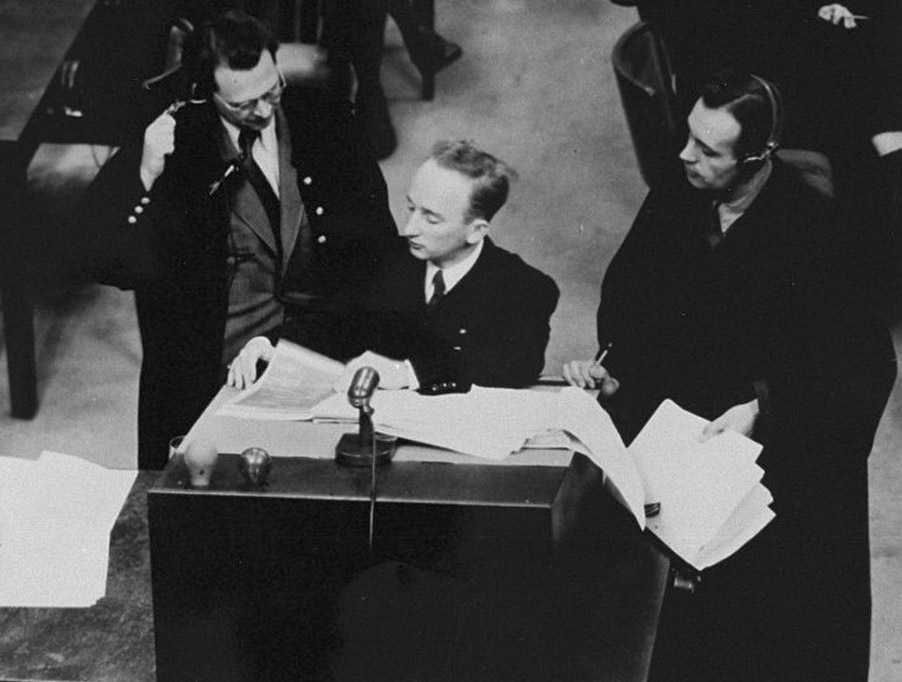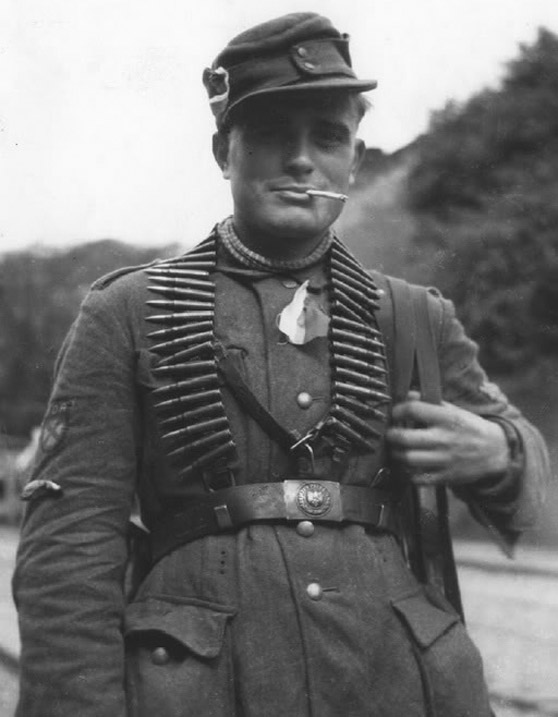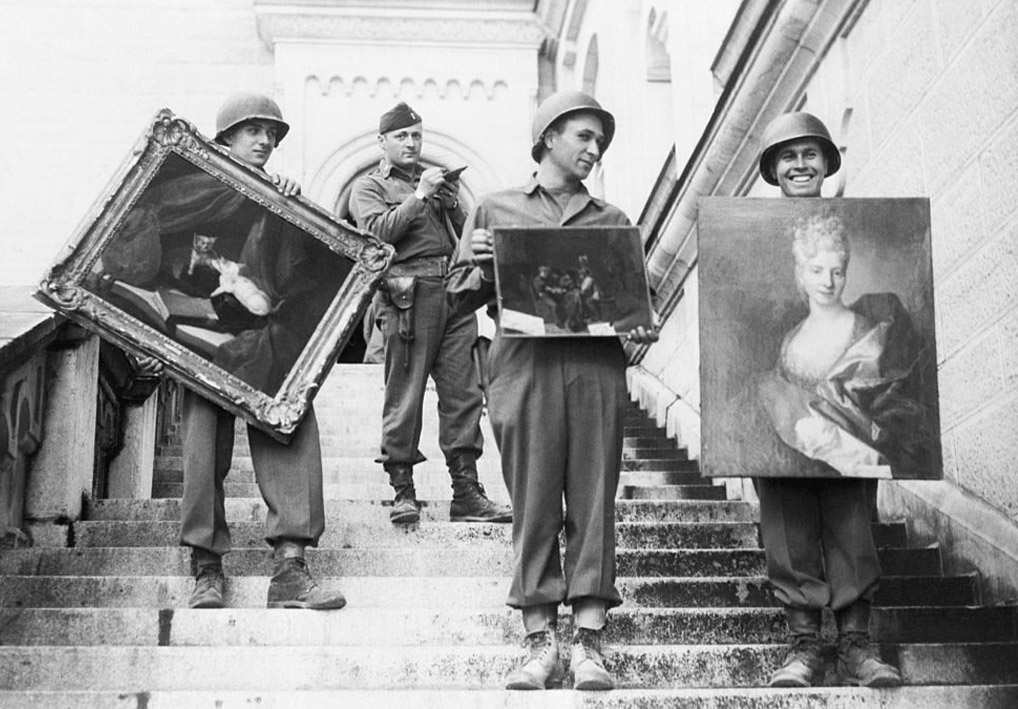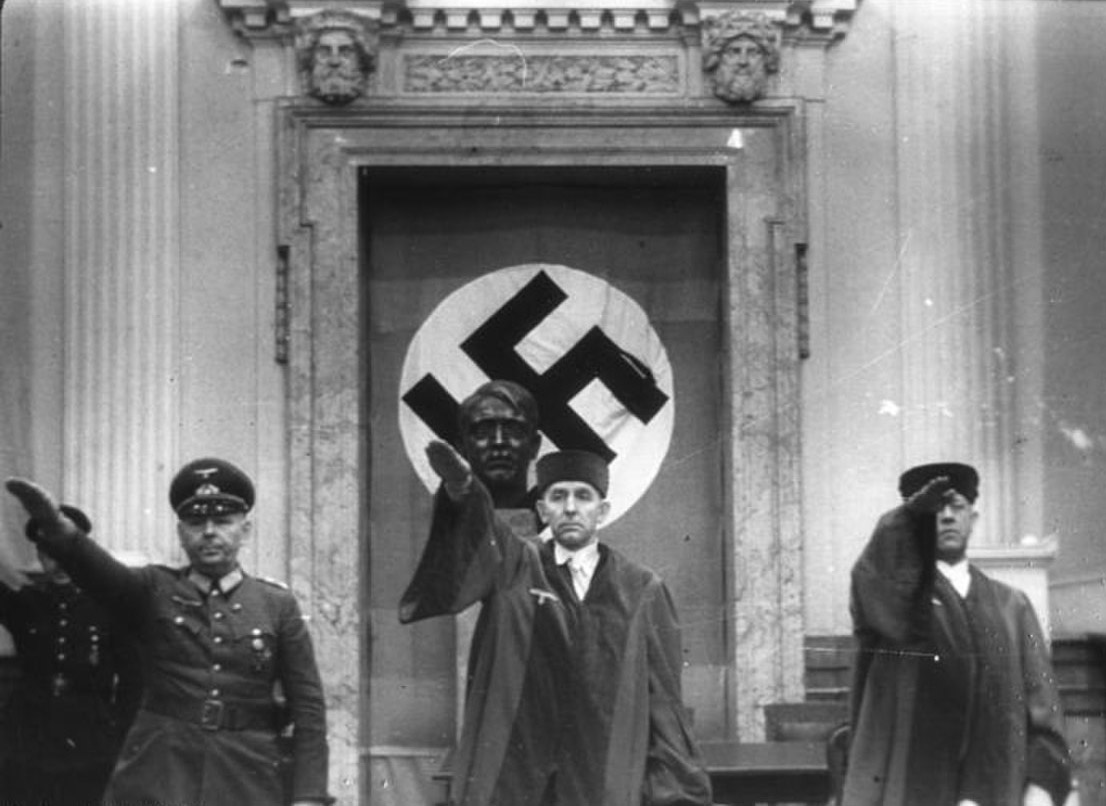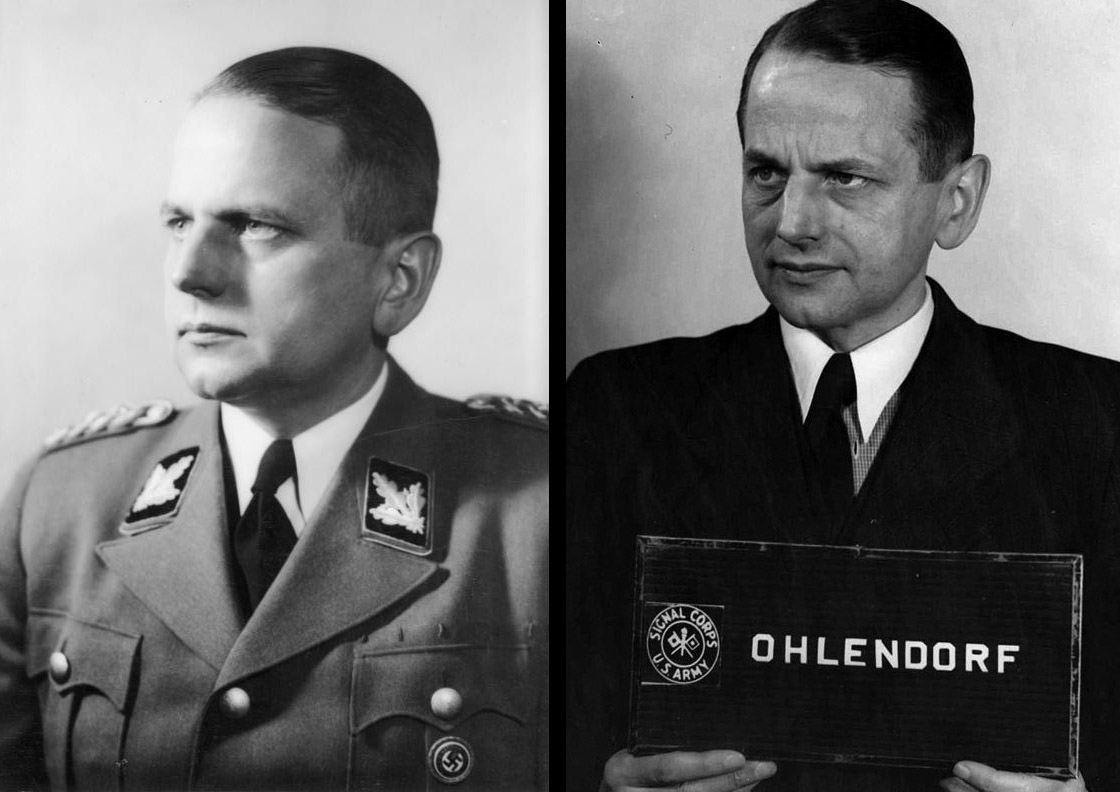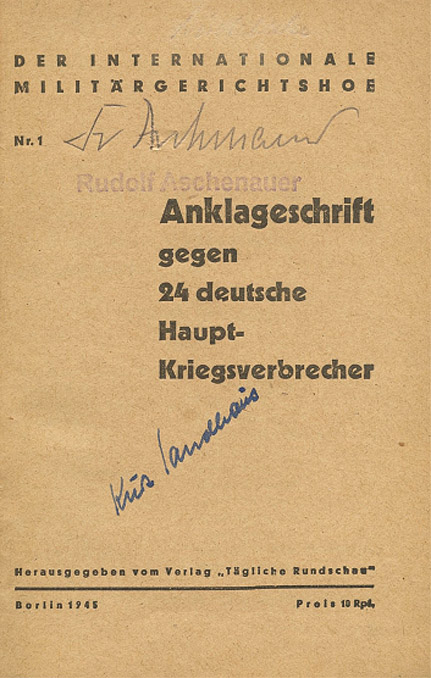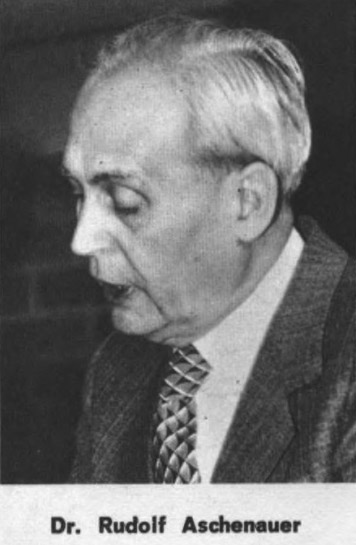Rudolf: When I was approached in the prosecutor’s office and asked if I could lend a hand in reviewing cases, I was interested. I went into these cases with an open mind that perhaps in the SS it was permitted to harshly treat enemies.
Once I started looking at the facts, and speaking with the accused, I came to a conclusion that all were innocent. All tribunals utilized rules and language that made opposing the validity of the accusations forbidden, the events could not be questioned. For example, one could not mount a defense that the supposed event was exaggerated or never happened; instead we had to defend why it was moral to commit the act.
To give you an example of what we were up against: the Soviets prosecuted all claims made by the Iron Curtain nations. They would present a case, for example, where witness A testified they saw German troops remove all of the inhabitants of village B. The inhabitants were never seen again, and bodies were found nearby.
There was no way to use forensics, take photos, or interview witnesses; we had to defend the commanders who were in the area at the time. Sometimes individuals would be brought forth who were said to have rounded the people up. We were forced to then defend a false narrative that whenever villagers were removed they were all killed to the last person.
The defense had only standing military or occupation orders with which to defend the men, by saying they only followed the orders they had been given. In part, we were saying yes, they committed these acts but it was only because they had been given orders to do so. This was the travesty of the Allied judicial process.
On top of that, and we have spoken of this before, the interrogation methods used to extract information are horrendous. Many of the young boys at Schwabish Hall were subjected to sadistic treatment by mainly Jewish interrogators. Some of the more evil ones were Perl, Ellowitz, Thon, and Finkel.
These men, many of whom chose to leave the Reich, returned with a vengeance rivaling the Mongols. I saw the abuse with my own eyes, but the judges mostly dismissed these claims. It took getting fair politicians involved for any justice to be done. However the damage had been done, many hundreds of innocent men went to the gallows.
The Western Allies showed they could be just as abusive and hateful as the Soviets. They prevented us from presenting rational arguments for the alleged crimes, all of which were not crimes at all. They linked actions against partisans and spies, to illegal reprisals, many of which the Allies committed as well. We had evidence that the Americans, Soviets, British, and French all had used reprisals against their enemies as a way to stop resistance.
German forces had to do this at times, and it was all lawful orders that were meant to destroy cells of resistance and break the strength of well organized groups who were supplied by the Allies. They fought without uniforms or any identifying markings, and often used brutal tactics which were shocking to even front-line soldiers.
Several of the incidences regarding shooting prisoners of war are false, and just plain misfortunes. An example is the so-called Malmedy Massacre. The spearhead of Peiper's group caught Americans by surprise, subdued them with quick action, and moved them into an area to be watched.
In the meantime shooting started by a newly arrived American patrol, which emboldened some in the rear to start retrieving weapons and running away. Shots were fired at the German guards who returned fire. In return, newly arriving soldiers saw the prisoners breaking away and opened fire on them all, even ones standing still.
During the process none of this could be brought up so the defense had only to work with showing the accused were not at said location at said time. It is an example of a crime being made up because soldiers were shot, but the explanation of why soldiers were shot was barred. The media had a great lie to work with.
I started to take the defense of these men personal, as I saw innocent men being charged with severe crimes, and yet no one would listen to reason. There was no joy in the men having to do their duty, which at times was brutal. However the reasons why they had to do such things were never allowed to be debated.
As sentiments died down, we were able to get many favorable judgments as many began to see the sham that was the military tribunals. Many saw it as a hateful vendetta largely waged by former Jewish citizens of the Reich, and their Red brethren. To this day we still see them trying to go after men who only did their duty, and followed the laws and orders that were legal at the time.
As our culture becomes more non-German and pro-western we open ourselves up to be further plundered by Israel and other nations who demand we pay monies for supposed crimes. Something new I have noticed is the claims pertaining to looted art. Jews who sold pieces legally are now claiming they were stolen under duress. They are getting millions of marks in reparations by making false claims and also getting the art back, what shysters.
I see there are also claims stating art was looted, how embarrassed they would be to know it was being stored in safe areas so that the Allies did not destroy it in their bombings. I personally saw our security people and curators work with the French to save priceless treasures from Allied bombs.
Just because some were brought to safe areas of Germany does not mean there was intent to steal. If people had sold or put up for sale works taken out of occupied areas that would be different. We did nothing of the sort; we only put them in places that were guarded for safe keeping, along with German works.

